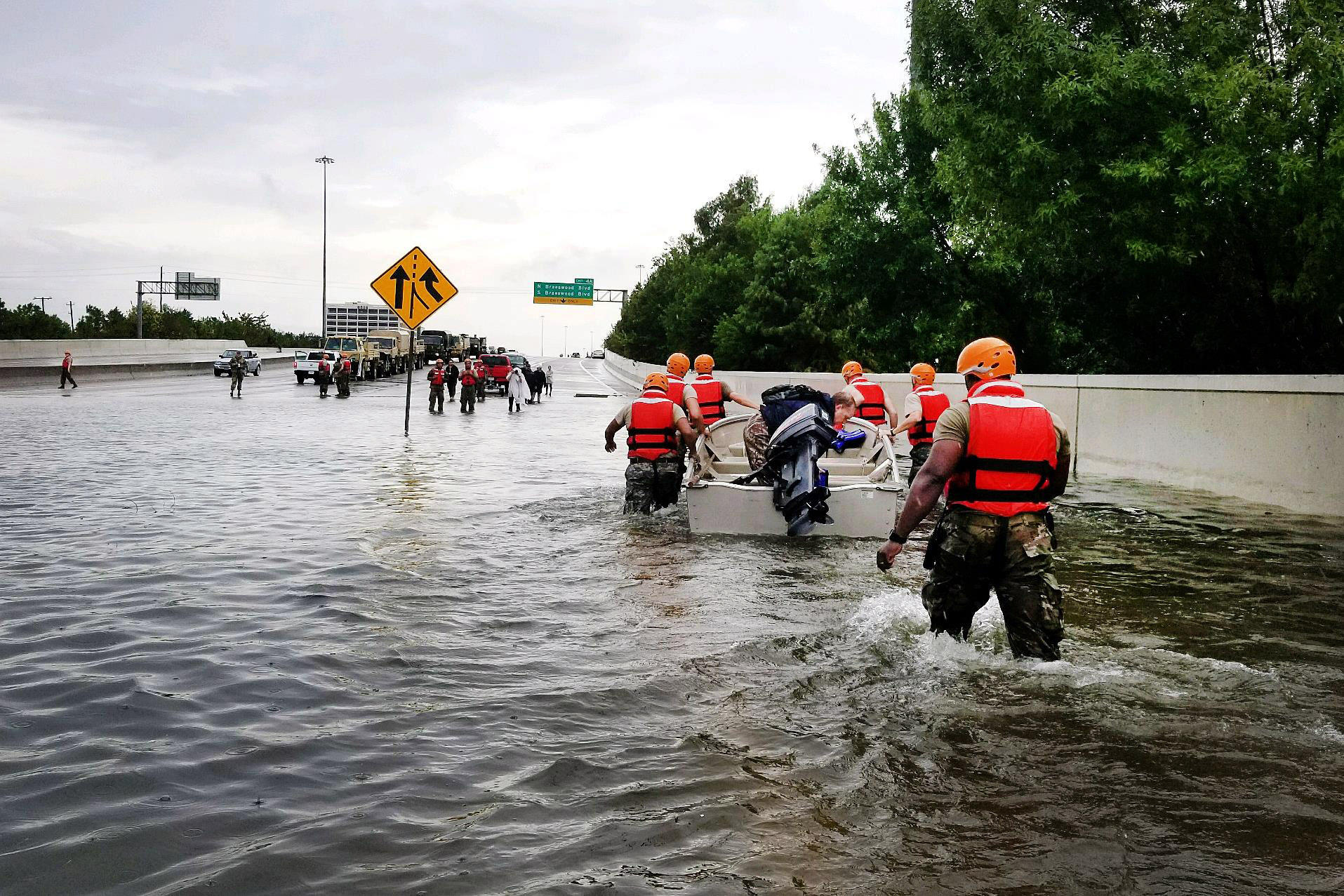
Caring for each other and reaching out to help strangers in times of crisis is innately human. We all want to do good. But at the end of the day, most of us are pressed to figure out the how and why to do so most effectively and with what we have to offer. With the response to Hurricane Harvey, we’ve seen the deep kindness and generosity of Americans — and that philanthropy, whether you call yourself a philanthropist or not, is growing in unprecedented ways.
Today, communities across the world receive vital information on how they can help through their social networks — unlike disasters even as recent as Hurricanes Katrina and Sandy. Groups that have formed roots here are mobilizing through Twitter and Facebook to enable greater giving. People are texting their friends and families about how they can get involved. This power, in response to Hurricane Harvey, has created Charity Navigator’s busiest mid-year day ever. People are reaching out left and right to learn more about how they can help, and then they are taking the time to research which charities to donate to in order to ensure that their money will be used well by the organization they give to. (We created our Hurricane Harvey Hot Topic to provide key resources for connecting with the highly-rated charities responding directly to the crisis.)
Since so many people are donating today, it is important to remember how best to give — and to strive to be even better. The five simple steps we advocate for informed giving are:
In times of crisis specifically, these instructions change only slightly. Start by giving to an established charity with a good track record. (The Charity Navigator 3 and 4 star rated organizations can be a good starting point.) Early in a crisis, designate your investment to let the charity know where you would like the funds allocated. Unless there has been a very specific request for supplies and you have exactly what’s being asked for, sending money — even small amounts — is often more useful and impactful than physical objects.
But also, be patient and stay engaged. Relief efforts take time. They can last for years and require sustained engagement and assistance. If you are dedicated to a cause and an organization that will help achieve it, again, consider a recurring donation each month to continue supporting organizations that will be on the ground in the affected areas long after the immediate disaster has passed.
If you are called to act today, please do so wholeheartedly with those around who are doing the same. You might even challenge your friends, family and neighbors to find ways to contribute to those who are affected, be it in time, money or in-kind donations. We can help those affected better together.
More Must-Reads from TIME
- Donald Trump Is TIME's 2024 Person of the Year
- Why We Chose Trump as Person of the Year
- Is Intermittent Fasting Good or Bad for You?
- The 100 Must-Read Books of 2024
- The 20 Best Christmas TV Episodes
- Column: If Optimism Feels Ridiculous Now, Try Hope
- The Future of Climate Action Is Trade Policy
- Merle Bombardieri Is Helping People Make the Baby Decision
Contact us at letters@time.com